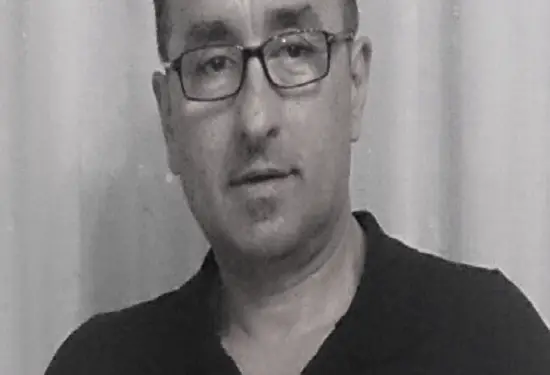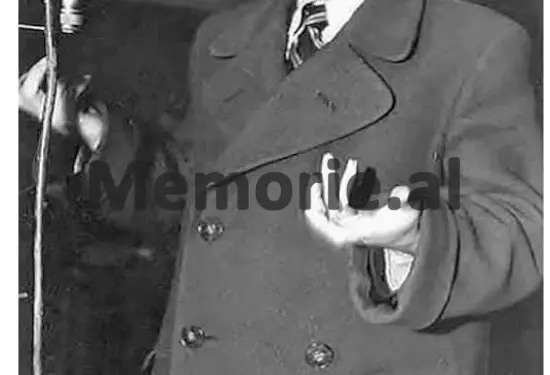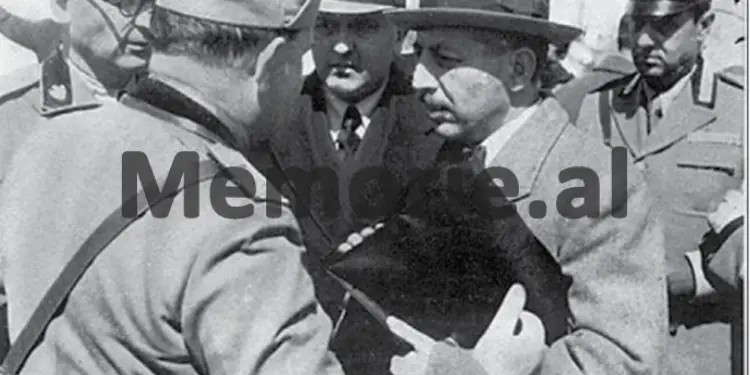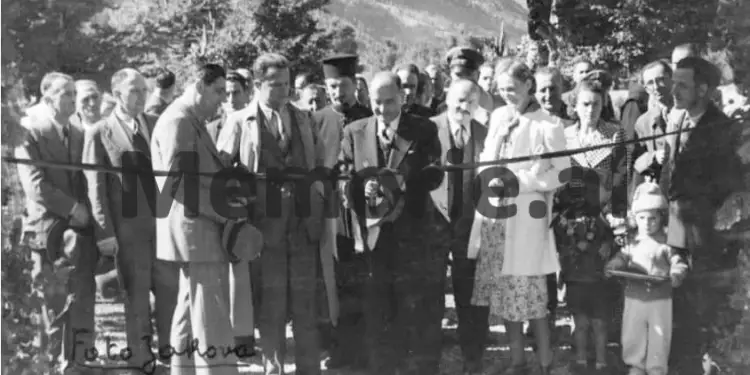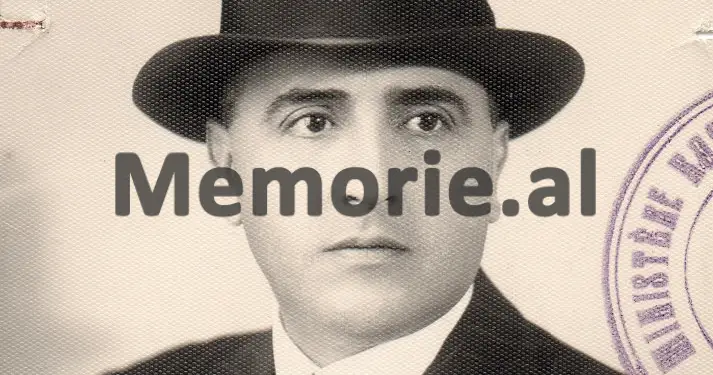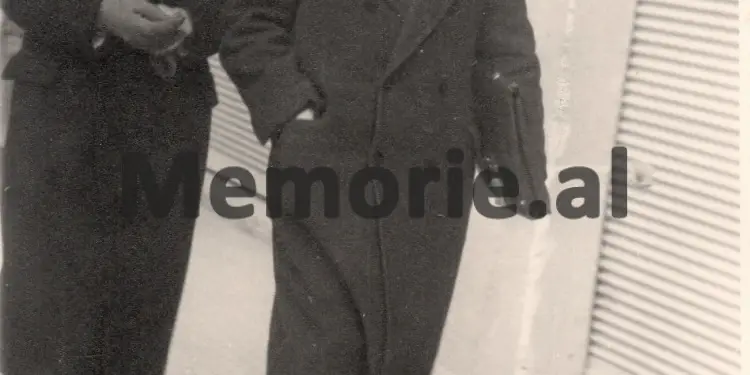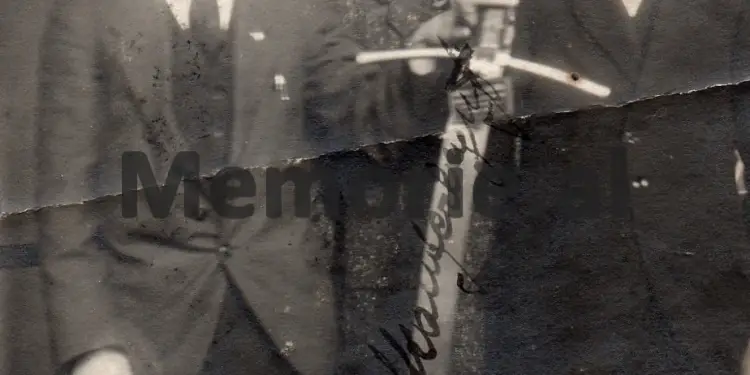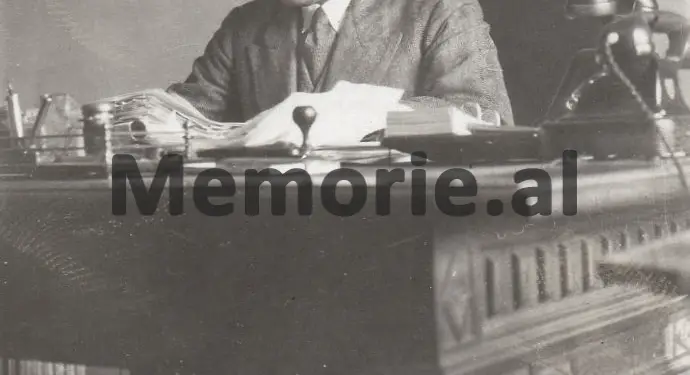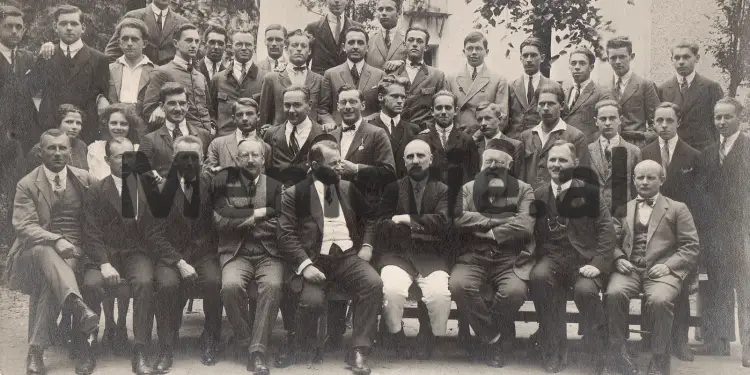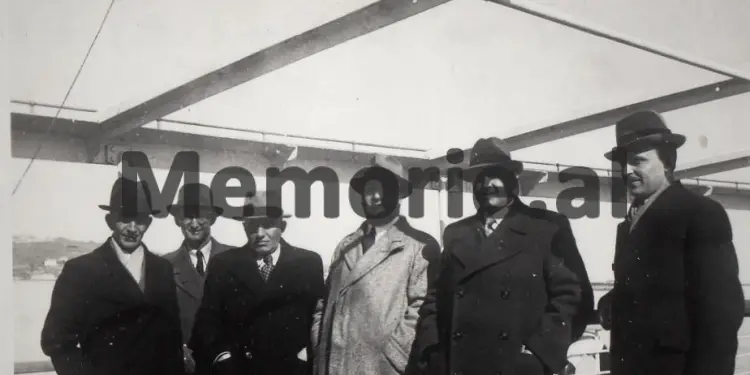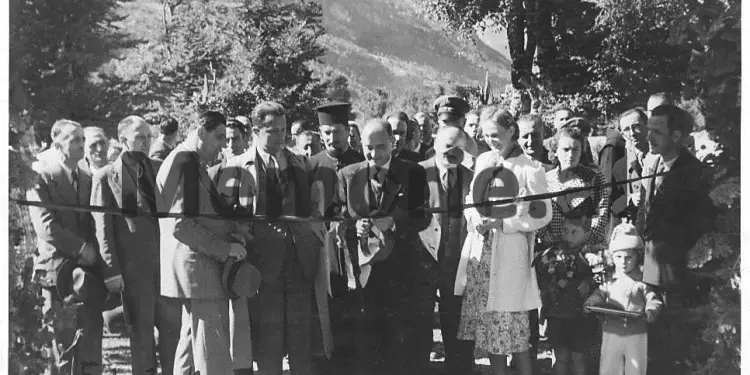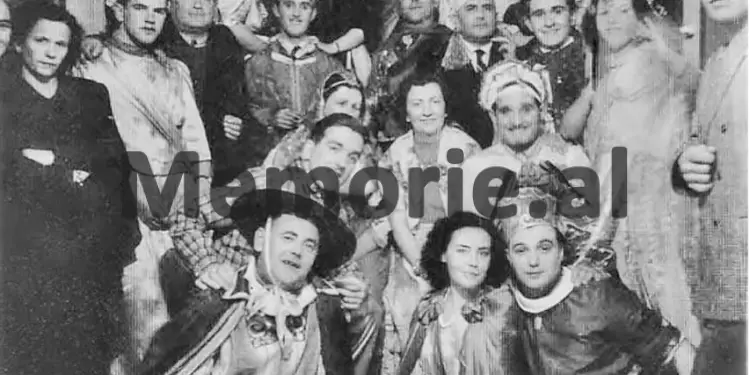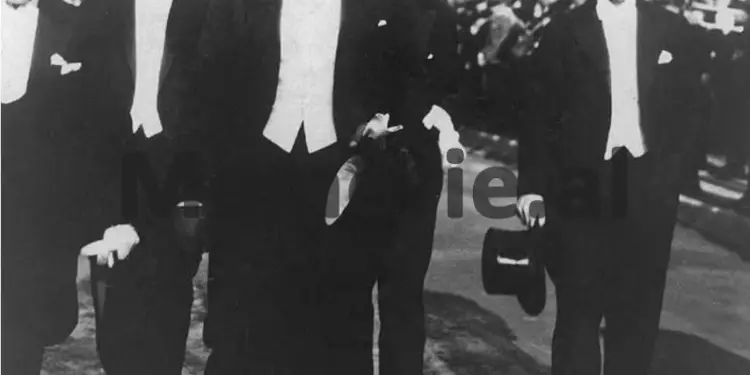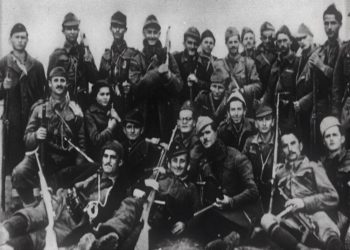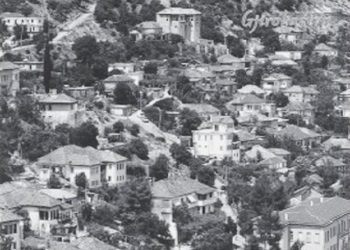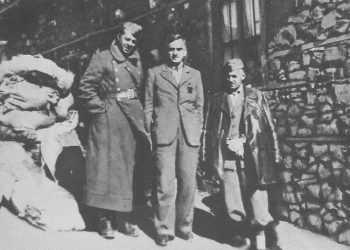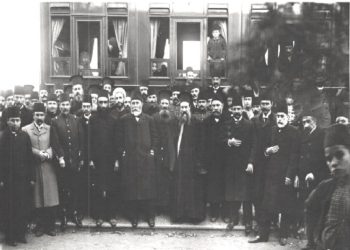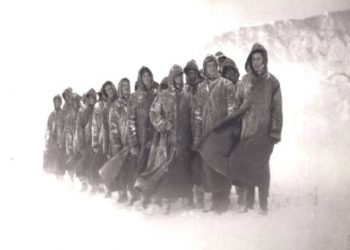By Arben Pustina
The twentieth part
-Rrok Gera, a proper statesman –
FORWARD
Memorie.al / This article aims to convey to the public the image of a perfect man, who lived in other times, but who was the best example, not only of what an ordinary man can represent, but, next first, as an example of a noble, distinguished, omniscient and, above all, honest statesman. Having in his genes the noble virtues of his origin, being formed as a personality in a wonderful environment, such as Shkodra at the beginning of the 20th century, and graduating from one of the most prestigious universities in Europe, such as that of In Vienna, Rrok Gera had all the potential to be one of the important figures who gave rise to a rapid development through comprehensive reforms in Albania in the 30s of the last century.
This development reached its peak with the government of Mehdi Frashër, considered perhaps the best Albanian government of all time, formed for the most part by non-political persons, among who was Rrok Gera. For 10 years, or more, as a minister or in other high state functions, he worked with conviction that he was walking on the right path for the consolidation of the Albanian state, a process for which he said he had no time to lose. Economist, financier, diplomat, lawyer, Gera was a specialist who advanced towards the top with his professionalism in an environment where the old factions, which were almost dominant in politics and governance, lost ground in front of young and educated people good.
Continues from last issue
RROK GERA, SENTENCE IN THE “SPECIAL COURT”, SUFFERING IN BURREL PRISON AND ACQUITTING INNOCENT IN 1958
From January 1950 to April 1951, Gera worked as an account manager at the fuel company in Shkodër, which he is said to have brought out of the difficult financial situation he was in at the time. But as is known, the internal situation in the years 1950-1951 was quite uncertain for the government of Tirana.
Armed groups entered from abroad to oppose the regime, so at that time a wide wave of arrests began against all former officials and former officers of the time of the monarchy.
Thus, on April 21, 1951, Rrok Gera was arrested again. For nearly 6 months, he was held in Shkodër and for about 1 year in Tirana, even though there was not even a single proof of guilt against him and the file was forwarded to him completely blank from the Internal Affairs Branch in Shkodër. In fact, during this year and a half, he was allowed to meet with his family members, a very special occasion at that time.
However, with decision number 247, dated 11.10.1952, the Military Court of Tirana sentenced him to 20 years of imprisonment, the loss of electoral rights and the confiscation of movable and immovable property. Against this decision, Rrok Gera filed an appeal on 21.10.1952, in which he argued:
…”I was charged once in 1945 and I was not found guilty of preparing the fascist occupation. Zogu sent me with full power to talk with General Guzon, for an agreement, but due to the conditions that the fascist aggressors were coming to us, I refused to talk and emigrated abroad…”.
In its meeting dated 02.12.1952, the Military College of the Supreme Court considered the appeal request of Rrok Gera, noting that: “…The facts prove that the defendant, as the most trusted person, was charged by Zogu with mission and went to Durrës to make an agreement with General Guzoni, commander of the fascist occupation forces of Albania.
In the light of the facts, it appears that the defendant, together with N/Colonel Zogist Sami Koka, talked with Guzoni, presenting to him that the defendant, together with Zog and his clique, accepted the conditions of the Italians: subjugation of the country and cooperation with the occupier, as well as a series of concessions that favored and facilitated the quick actions of the occupation of Albania by fascist Italy”.
Thus, the Military College of the Supreme Court upheld decision No. 247, dated 11.10.1952, which sentenced Gera to 20 years in prison. After that, he continued to serve his sentence in the prison of Burrell, where many other personalities were also imprisoned, who were given different sentences. As his co-sufferers in Burrel said, during the years he served his sentence there, Rrok Gera was an example of dignity.
On October 6, 1956 (the time when things were changing in the USSR), the Parliamentary Assembly of the Council of Europe presented a resolution, through which the release of political prisoners from Eastern European countries, such as: Albania, Bulgaria, Czechoslovakia, and Estonia, Soviet zone of occupation in Germany, Hungary, Latvia, Poland and Romania.
Among the names of political prisoners in Albania, for whom the Council of Europe sought release from prison, was the name of Rrok Gera. However, he would later be released from prison and his release does not appear to have been related to this resolution.
While Rrok Gera was serving his sentence in Burrel, on April 7, 1958, the Collegium of the General Prosecution met to discuss, among other things, the justice of the decision given to him.
Also, on May 5, the Plenum of the Supreme Court was convened, where one of the items on the agenda was precisely the issue of Rrok Gera’s sentence, presented for consideration by the General Prosecutor’s Office, while the relator of the case was Hilmi Telegrafi.
Subsequently, on May 8, 1958, with his decision No. 4, the Plenum of the Supreme Court declared Rrok Gera innocent of the charges that had led to his conviction.
The decision in question followed his release from prison on May 19, 1958. For Gera himself, it was almost unbelievable when he was told to take the spoils and, after being escorted outside the walls, the prison door closed behind him.
Finally, he was a free man again, with a dignified freedom granted by the authorities not in the form of an amnesty, but sanctioned with innocence, perhaps a unique case at the time, that somehow put things into place, dropped all the accusations made against Rrok Gera in the early years of the monist system in Albania.
In Shkodër, after leaving prison, he found his family: two daughters, one of the sisters and one of the brothers, but his wife, Gjyljeta, who had passed away in 1955, were missing.
Although at the age of 57, Gera was still physically strong, thanks to his nature, which never neglected physical exercises and cold water baths, even in winter.
Without having the opportunity to enter the state job, after leaving prison Gera took care of a garden, property of the family, showing his versatile values there as well.
With thick agricultural books in hand, he worked wonders on that patch of land to support himself, a sister and one of his brothers, although his two daughters helped him financially as best they could. Until the end of his life, Rrok Gera remained an honest figure who commanded respect.
They addressed him with the words “Mr. Rrok”, although the word “friend” was necessarily fashionable at that time. Always in touch with the current situation (constantly agreeing in the newspaper), he offered people the pleasure of talking to an all-knowing man. Although he maintained a healthy physique until recently, his heart stopped beating on January 28, 1969, at his home in Shkodër.
The traumas of life had done their work. On that gloomy and rainy January day, Rrok Gera was respectfully escorted by hundreds of his fellow citizens to his final resting place, in the Catholic cemetery of the city of Shkodra, where he rests today. Memorie.al




